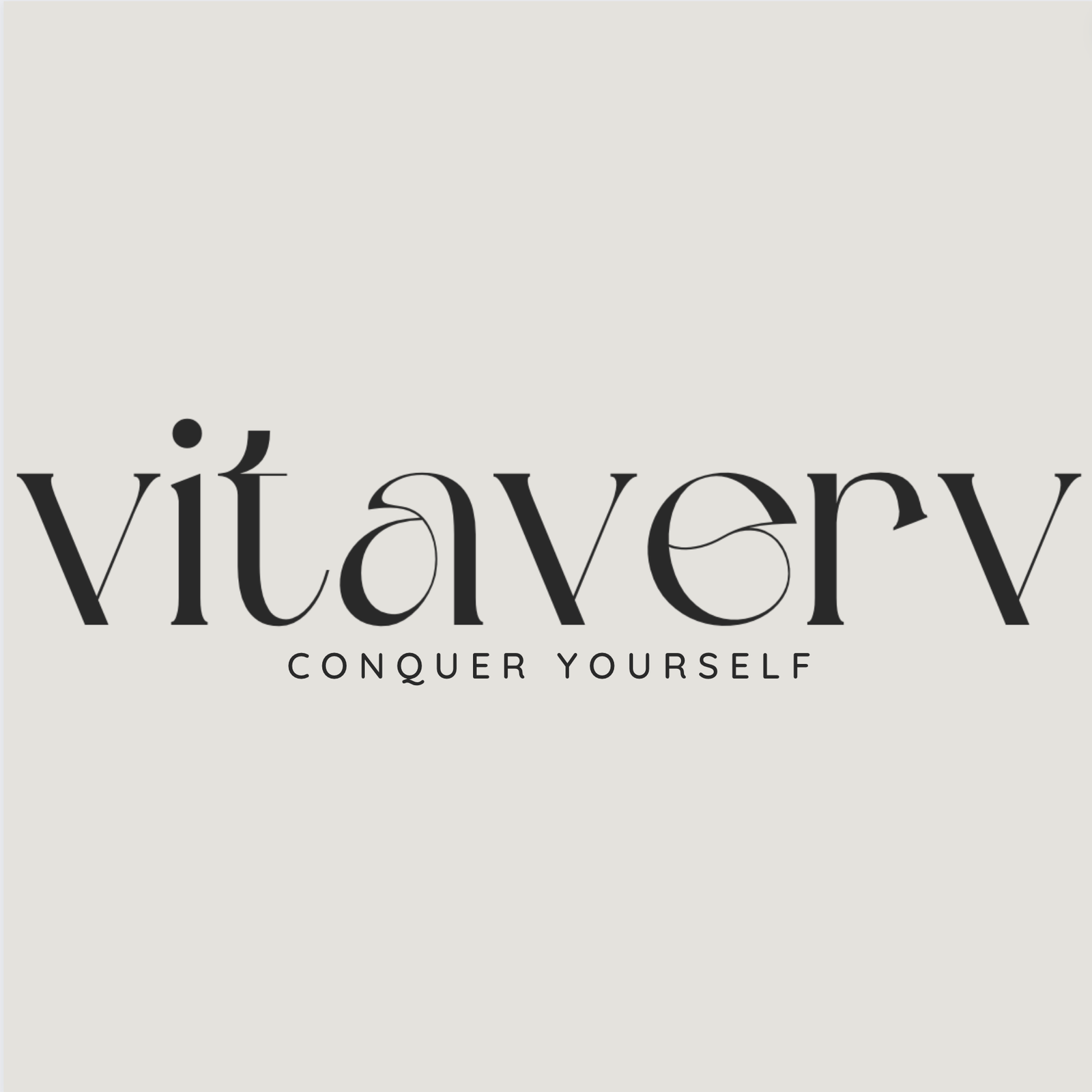Table of Contents
- Introduction
- Magnesium: The Master Mineral for Focus
- Iron: Fueling Your Brain’s Performance
- Zinc: The Unsung Hero for Mental Minerals
- Additional Resources and Further Reading
- Practical Tips and Actionable Advice
- Conclusion
Introduction
Maintaining mental focus and clarity has become a significant challenge. With constant distractions, demanding schedules, and the pressure to perform at our best, it’s essential to provide our bodies with the necessary nutrients to support cognitive function. Among these vital nutrients are minerals, often overlooked but crucial for optimal brain health and concentration.
Minerals play a vital role in various bodily processes, including neurotransmitter production, oxygen transportation, and energy metabolism, all of which directly impact our ability to stay focused and mentally sharp. By incorporating the right minerals into our diets, we can unlock our full cognitive potential and experience heightened mental clarity, improved memory, and enhanced concentration.
Magnesium: The Master Mineral for Focus
Magnesium is often referred to as the “master mineral” due to its involvement in over 300 enzymatic reactions in the body, including those related to brain function. Adequate magnesium levels are essential for optimal cognitive performance, as this mineral supports neurotransmitter regulation, nerve impulse transmission, and the maintenance of healthy brain cells.
Studies have shown that individuals with higher magnesium intake tend to perform better on cognitive tests, exhibit improved attention and concentration, and experience less mental fatigue. Additionally, magnesium has been linked to reduced stress and anxiety levels, both of which can significantly impact our ability to focus.
| Food Source | Magnesium Content (mg per serving) |
|---|---|
| Pumpkin seeds (1 oz) | 168 |
| Spinach (1 cup, cooked) | 157 |
| Almonds (1 oz) | 80 |
| Avocado (1 medium) | 58 |
Iron: Fueling Your Brain’s Performance
Iron is a mineral that plays a crucial role in cognitive function by facilitating oxygen transportation and energy production in the brain. When iron levels are low, the brain doesn’t receive enough oxygen, leading to fatigue, difficulty concentrating, and impaired mental performance.
Numerous studies have linked iron deficiency to poor cognitive performance, particularly in children and adolescents. Conversely, adequate iron intake has been associated with improved attention, memory, and academic performance. Iron is also involved in the production of neurotransmitters, such as dopamine and serotonin, which are essential for focus and concentration.
| Food Source | Iron Content (mg per serving) |
|---|---|
| Beef liver (3 oz) | 5.2 |
| Lentils (1 cup, cooked) | 6.6 |
| Spinach (1 cup, cooked) | 6.4 |
| Fortified breakfast cereal (1 cup) | 18 |
Zinc: The Unsung Hero for Mental Minerals
While often overshadowed by other minerals, zinc plays a vital role in cognitive function and brain health. This essential mineral is involved in various processes, including neurotransmitter synthesis, neuronal communication, and the protection of brain cells from oxidative stress.
Zinc deficiency has been linked to impaired cognitive performance, memory issues, and increased risk of neurodegenerative diseases. On the other hand, adequate zinc intake has been shown to improve attention, memory, and overall cognitive function, particularly in older adults and individuals with cognitive impairments.
| Food Source | Zinc Content (mg per serving) |
|---|---|
| Oysters (3 oz) | 74 |
| Beef (3 oz) | 4.8 |
| Cashews (1 oz) | 1.6 |
| Chickpeas (1 cup, cooked) | 2.5 |

Additional Resources and Further Reading
For those interested in exploring the topic of minerals and cognitive function further, here are some recommended resources:
- “The Micronutrient Miracle” by Jayson Calton and Mira Calton – A guide to optimizing micronutrient (including mineral) intake for overall health and well-being.
- “The Mineral Fix” by Dr. James DiNicolantonio – A deep dive into the importance of mineral balance for various health aspects, including cognitive function.
Frequently Asked Questions
Q: Can supplements improve focus and concentration?
A: While a balanced diet should be the primary source of essential minerals, supplements can be useful in cases of deficiency or increased nutrient needs. However, it’s important to consult with a healthcare professional before starting any supplement regimen, as excessive intake of certain minerals can be harmful.
Q: Are there any potential interactions between minerals and medications?
A: Yes, some minerals can interact with certain medications, potentially reducing their effectiveness or increasing the risk of side effects. If you’re taking any prescription medications, it’s crucial to discuss your mineral intake with your doctor or pharmacist to avoid potential interactions.
Practical Tips and Actionable Advice
Incorporating the right minerals into your diet can have a profound impact on your cognitive function and overall mental well-being. Here are some practical tips and actionable advice to help you optimize your mineral intake for improved focus and concentration:
- Eat a varied and balanced diet: A diverse diet rich in whole foods like fruits, vegetables, whole grains, lean proteins, and healthy fats is the best way to ensure adequate mineral intake. Aim for a colorful plate at every meal to maximize nutrient diversity.
- Focus on mineral-rich foods: Incorporate foods that are naturally high in essential minerals like magnesium, iron, and zinc into your meals. Some great options include leafy greens, nuts, seeds, legumes, whole grains, and certain types of seafood.
- Consider supplementation: If you suspect a mineral deficiency or have specific health concerns, consider taking a high-quality mineral supplement under the guidance of a healthcare professional. Supplements can help fill nutrient gaps and support optimal cognitive function.
- Stay hydrated: Proper hydration is crucial for mineral absorption and overall brain function. Aim to drink at least eight glasses of water per day and incorporate water-rich foods like fruits and vegetables into your diet.
- Manage stress: Chronic stress can deplete mineral levels and impair cognitive function. Incorporate stress-management techniques like exercise, meditation, or yoga into your routine to support both mental and physical well-being.
- Get enough sleep: Adequate sleep is essential for cognitive performance and overall health. Aim for 7-9 hours of quality sleep each night to allow your body and brain to recharge and replenish mineral stores.
Real-World Example
Sarah, a busy marketing professional, had been struggling with brain fog, difficulty concentrating, and frequent headaches. After consulting with a nutritionist, it was revealed that she had low levels of magnesium and iron. By incorporating more mineral-rich foods like spinach, lentils, and pumpkin seeds into her diet, and taking a high-quality mineral supplement, Sarah noticed a significant improvement in her focus, energy levels, and overall cognitive performance within a few weeks.
Conclusion
In our quest for optimal mental performance and focus, the importance of minerals cannot be overstated. Magnesium, iron, and zinc are three essential minerals that play crucial roles in supporting cognitive function, neurotransmitter production, and overall brain health.
By ensuring adequate intake of these minerals through a balanced diet and strategic supplementation, we can unlock our full cognitive potential, experience heightened mental clarity, and enhance our ability to concentrate and perform at our best.
Remember, investing in your mineral intake is an investment in your mental well-being and success. Embrace a mineral-rich lifestyle and unleash the power of these essential nutrients to achieve the focus and mental clarity you deserve.


Leave a Reply